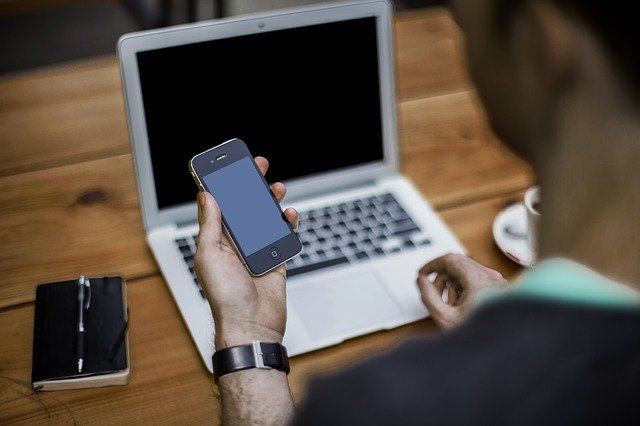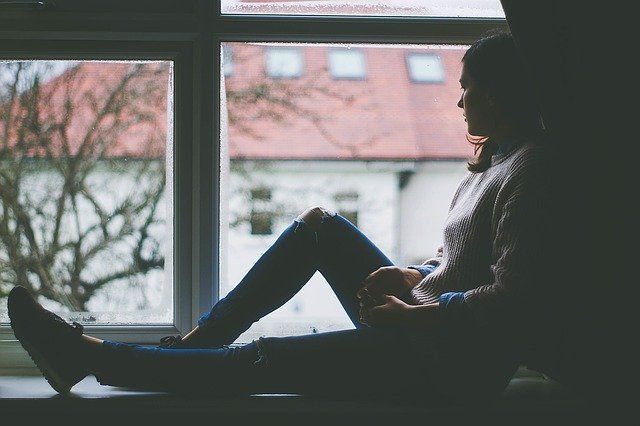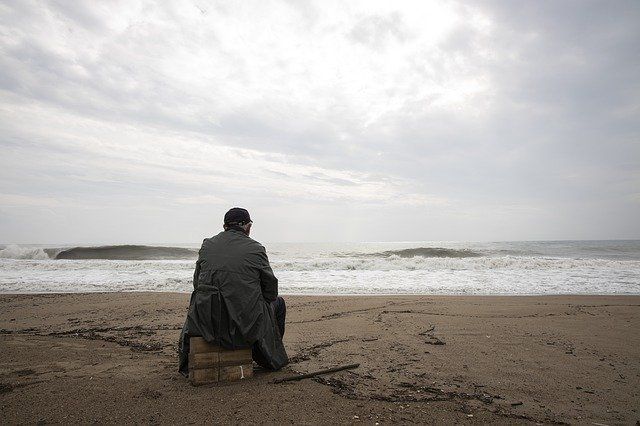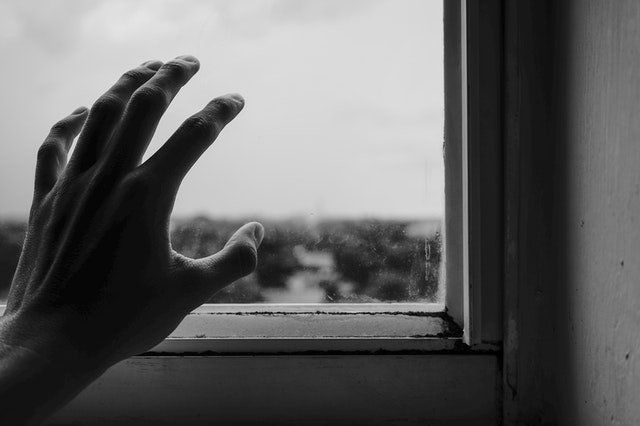Is Everyone More Anxious and Depressed Now?
Overall, yes, rates of anxiety and depression are higher all over the world. Too much to do, too little time, technology, and more ways to pretend everything is “fine” are a few key reasons. However, you’re not doomed. Here are a few steps you can take to feel better.
Anxiety and Depression: The Big Picture
Life right now is really overwhelming. The demands on us are increasing constantly. What we have to give is rarely enough because there is always more that needs to get done. There aren’t enough hours in the day. This is true if you’re 8 or 68.
Here’s proof you’re not alone:
Right now, 40% of disability cases throughout the world (yes, the WORLD) are due to anxiety and depression.
In the United States:
- Anxiety is the most common mental disorder affecting 40 million adults over the age of 18.
- It’s pretty common for someone with anxiety to also have depression and vice versa.
- Depression is currently the number one reason that people go out on disability.
- By 2020, anxiety is expected to tie depression at first place for disability cases for people over the age of 15.
- 25% of kids between the ages of 13-18 have a diagnosed anxiety disorder.
(https://adaa.org/about-adaa/press-room/facts-statistics#).
In the United Kingdom:
- Of the 65 million people living in the UK, approximately 3 million struggle with depression while another 3 million struggle with anxiety.
- Mixed anxiety and depression is the most common mental health disorder in Britain.
- Suicide is the most common cause of death among males ages 25-49.
(https://www.anxietyuk.org.uk/)
(https://www.mentalhealth.org.uk/statistics)

Technology: The Double-Edged Sword
Technology is awesome because it makes so many things easier.
I’m not really sure how generations of people made plans or arrived at their destinations (FYI: I was in grad school when I got my first cell phone. And it was just a phone).
We have access to information all of the time from all over the world. This has revolutionized how we learn, work, invent, and create.
We carry around mini-computers that make calls, take pictures, navigate, play games, order car service and let us Google anything from anywhere.
Technology has a big bad dark side.
- We’re always connected.
It’s harder to really get away because people can always reach you.
You’d probably have to camp out in Antarctica (and I bet there’s probably decent cell service there too by now).
People expect you to respond NOW. Work expects you to be on and accessible all of the time. Goodbye free time in the evenings.
- We’re bombarded by bad news all of the time.
We get a constant stream of news vividly describing the violence, crime and death happening everywhere.
There are also stories 24/7 about all of the dangers you’re exposed to at home, in your car, on vacation, etc.
What your brain hears: AHHHH! I’m not safe anywhere!
- We’re on information overload most of the time.
We’ve produced more information in the last 10 years than we have since the beginning of humanity until about 10 years ago.
We make and have to go through more information on a daily basis than we can handle.
- Social media is awful.
Facebook conducted its own study on how the app impacts people. Its own study showed that, unless people are using Facebook to actively interact with others on a certain topic or make plans, looking on Facebook makes people sad.

It’s Easier to Hide and Numb Anxiety and Depression
Patients often tell me that everyone is coping better than they are.
“Why can everyone else hold it together and function?”
My response:
Rates of depression, anxiety, addiction, obesity, and credit card debt are at an all-time high. People aren’t coping better than you, they’re numbing better.
There are so many options out there for “zoning out:”
- Retail therapy in endless places.
- “Mommy juice” for making it through a day or falling asleep.
- “Binge watching” anything.
- The Internet. Enough said.
Social media has also made it easy to hide how we’re feeling. We can present as perfect and as happy as our cameras and filters will let us. No one ever posts a picture of themselves on bad days. That’s a shame. We forget that we’re surrounded by other humans who struggle with crap like we do.

You’ve Got Options to Manage Anxiety and Depression
Anxiety and depression are on the rise. There aren’t any indicators this is going to change.
We’re all crunched for time but need help and support.
The good news is that you’ve got options for how to handle your anxiety and distress:
1) Take breaks throughout the day to re-group:
Stop and do nothing for 5 minutes. Just sit there.
Repeat 2-3 times per day. If needed, do this when you’re in the bathroom because you’re going to be there throughout the day anyway.
2) Learn to say no:
You don’t have extra time.
If you’re going to do something, it has to be worth it. If not, say no.
3) Take social media breaks:
Don’t check any social media for 1-2 days every week.
During the holidays, or any other time of year that may trigger you (e.g., Mother’s Day, Father’s Day, summer break), take breaks that are at least a week long.
Let people know that you can be reached by text, email or phone.
If they need you, they will contact you.
4) Make plans with real people:
Nothing can replace the benefits of meeting with someone important to you face to face. Make plans to meet up with friends or family weekly, if possible.
If time is really tight, aim for a couple of times a month.
5) Don’t wait for the perfect time to start therapy:
You’ve probably been meaning to make an appointment to go talk to someone for ages.
Unfortunately, you’re probably not getting any more free time in the near future.
If you need help, get it.
We offer phone and online sessions so that you can work toward the life you want regardless of where your busy life needs you to be.
I know you can work toward the life you want. Let us help you make that happen.
Call or email us to set up an appointment.
Please contact us to set up an appointment.
We can help give you information, a map for next steps, and hope that you can have the life you want.
Wishing you the best,
Dr. Levy
Director
Dr. Ronit Levy is a clinical psychologist and director of Bucks County Anxiety Center in Newtown, PA. She specializes in treating teens and adults struggling with anxiety due to Anxiety Disorders, OCD, chronic illness, and life events. Dr. Levy trains and supervises other therapists and presents on mental health in the community.
Anxiety & OCD Blog Latest Posts
About Us
The therapists who practice at Bucks County Anxiety Center work with teens (ages 14 and up) and adults struggling with anxiety and OCD.
All Rights Reserved | Bucks County Anxiety Center




